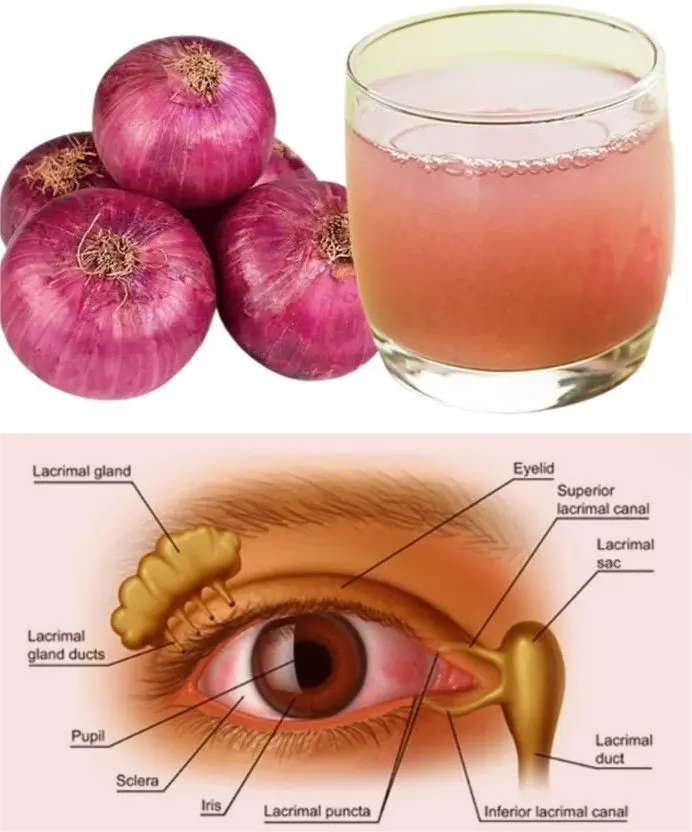
The #1 food for toxic kidneys
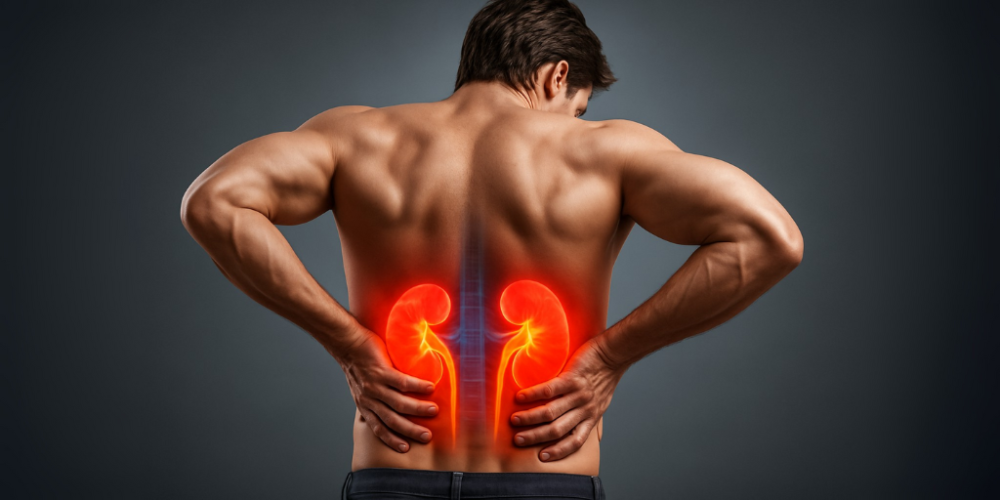
Did you know that there’s one simple, natural food that can do wonders for toxic or overworked kidneys? When someone is diagnosed with kidney disease—especially end-stage kidney disease (ESKD)—it can feel like there’s no hope. Dialysis is often presented as the only option, and while it can sustain life, it’s also physically draining and emotionally difficult. But before you give up on your kidneys, it’s important to understand that there are gentle, natural ways to support and protect them.
🩸 Don’t Give Up on Your Kidneys
Your kidneys act as filters for nearly every substance in your body. They remove waste, balance minerals, and even help regulate hormones and blood pressure. Unfortunately, many prescription medications can add to the toxic load, making the kidneys work even harder.
That’s why, when your “filters” are damaged, the best approach is often to support them with natural methods that have minimal side effects instead of relying solely on drugs that can further strain them.
⚙️ Why Your Kidneys Are So Vital
Your kidneys are remarkable chemical processing plants. Every single day, they filter about 200 quarts of blood and produce around 2 quarts of urine to eliminate waste. Their main jobs include:
-
Filtering out toxins, chemicals, pesticides, insecticides, herbicides, fungicides, and even heavy metals.
-
Recycling valuable minerals and nutrients back into the bloodstream.
-
Maintaining the right balance of electrolytes such as potassium and sodium.
-
Eliminating excess sugar — which is why high sugar intake can damage them over time.
One of the biggest reasons people develop kidney disease is diabetes. Chronically high blood sugar damages the microscopic filters (called nephrons), leading to gradual kidney failure.
💥 Protein Byproducts and Ammonia Toxicity
Kidneys also help eliminate waste from protein digestion. One major byproduct is ammonia, a toxic compound that can harm the brain and nervous system if it builds up.
Here’s how your body handles it:
-
The liver converts ammonia into urea through the urea cycle.
-
The kidneys then filter urea out of the bloodstream and excrete it in urine.
If either the liver or kidneys is compromised, ammonia levels rise. High ammonia can cause confusion, brain fog, memory problems, and even symptoms resembling dementia. This is why maintaining both liver and kidney health is essential — they work together like two sides of the same detoxification system.
🌞 Vitamin D and the Kidney Connection
Few people realize that the kidneys are also crucial for activating vitamin D. While your liver helps in the initial conversion, the final activation step happens in your kidneys. Without this conversion, vitamin D remains inactive — and your bones, immune system, and hormone balance suffer as a result.
This is one more reason to keep your kidneys functioning optimally — they influence much more than just fluid balance.
⚠️ Signs of Toxic or Overworked Kidneys
When your kidneys aren’t filtering properly, the warning signs can appear all over your body:
-
Gout: A buildup of uric acid crystals, often starting in the big toe.
-
Kidney stones: Hard mineral deposits, usually made of calcium oxalate. Staying hydrated helps prevent them.
-
Puffy eyes: Especially under and above the eyes in the morning.
-
Swollen ankles (edema): If pressing your skin leaves an indentation, your kidneys may not be filtering excess fluid properly.
-
Itchy skin: Caused by a buildup of waste products in the blood.
-
Dark, foamy urine: Indicates high protein in the urine — a sign that the kidneys aren’t recycling it correctly.
-
High blood pressure: Because kidneys play a major role in regulating fluid and vascular balance.
Think of your kidneys like oil filters in a car. If you don’t change the filter for years, the oil turns dark and full of contaminants. The same thing happens in your body when your kidneys become overloaded.
🥬 The #1 Food for Toxic Kidneys: Bok Choy
Surprisingly, the best single food for supporting toxic or damaged kidneys is bok choy — a crisp, leafy green that’s part of the cruciferous vegetable family. Here’s why it’s so powerful:
-
Cruciferous Benefits (Phase II Detoxification):
Bok choy contains special enzymes that activate phase II detoxification in the liver, helping convert harmful toxins into harmless compounds that your body can easily eliminate. This reduces the workload on your kidneys and supports your entire detox system. -
Rich in Potassium:
Potassium is vital for balancing electrolytes and blood pressure. A potassium-rich diet helps keep your kidneys functioning smoothly — but always consult your doctor if you have advanced kidney disease, as your potassium needs may differ. -
High in Magnesium:
Magnesium supports hundreds of biochemical reactions in the body, including those that protect kidney cells from oxidative stress. -
Low in Oxalates:
Unlike spinach, almonds, or grains, bok choy contains very few oxalates, compounds that can lead to kidney stones. -
Low in Protein:
For people with protein in their urine, eating lower-protein foods like bok choy helps minimize further kidney strain.
Try lightly steaming bok choy and drizzling it with olive oil, garlic, and sea salt for a simple, kidney-friendly side dish.
🧃 Additional Natural Kidney Protectors
While bok choy is a star player, several other natural remedies can help detoxify and restore kidney function:
1. Apple Cider Vinegar (ACV)
Mix 1–2 tablespoons in a glass of water and sip throughout the day. The acetic acid in ACV supports blood sugar balance (important for diabetics) and has kidney-protective effects.
2. Lemon Juice
Lemon juice is rich in citric acid, which binds with calcium and helps prevent stone formation. Though it tastes acidic, it becomes alkaline in the body, helping reduce uric acid buildup and preventing gout flare-ups.
3. Celery and Celery Juice
Celery naturally helps lower ammonia and urea levels while promoting healthy urine flow. It’s a mild diuretic and supports both liver and kidney detoxification.
4. Lower Protein Intake
If your urine tests show protein, reduce intake to about 3 ounces of protein per meal. This helps decrease the load on your filtering system. Focus instead on nutrient-dense vegetables and healthy fats.
5. Increase Potassium-Rich Foods
Potassium helps balance sodium and maintain proper cellular hydration. High-potassium foods include leafy greens, avocado, and cucumbers. Focus on large salads, moderate protein, and no refined sugars or grains.
6. Distilled Water
Distilled water is free from minerals, heavy metals, and contaminants. Drinking it occasionally helps flush toxins and dissolve mineral buildup like calcium deposits that contribute to kidney stones. You can then replenish essential minerals through a balanced diet or supplements.
7. Probiotics and Liver Support
Your gut bacteria produce ammonia — which the kidneys must eliminate. Taking a probiotic supplement or eating fermented foods like kefir and sauerkraut can reduce this burden. Supporting your liver with milk thistle or dandelion root also helps share the detox workload.
8. Zinc
Zinc plays an important role in reducing ammonia and urea levels in urine. Ensure you’re getting enough through foods like pumpkin seeds, oysters, or supplements if needed.
🌿 The Big Picture: Protecting Your Filters for Life
Your kidneys are quiet heroes that rarely complain until serious damage has already occurred. By the time symptoms appear, filtration may already be reduced by 30–50%. That’s why preventive care is so critical.
Adopting a kidney-friendly lifestyle — rich in leafy greens like bok choy, low in sugar and processed foods, and supported by hydration and detoxifying nutrients — can dramatically improve your long-term kidney function.
Pair this with intermittent fasting and a low-carb or ketogenic diet, and you’ll help regulate insulin, reduce inflammation, and restore natural balance to your filtration system.
Your kidneys are resilient organs, capable of healing more than most people realize. Give them the natural support they need, and they’ll continue filtering, balancing, and protecting your health for years to come.
News in the same category

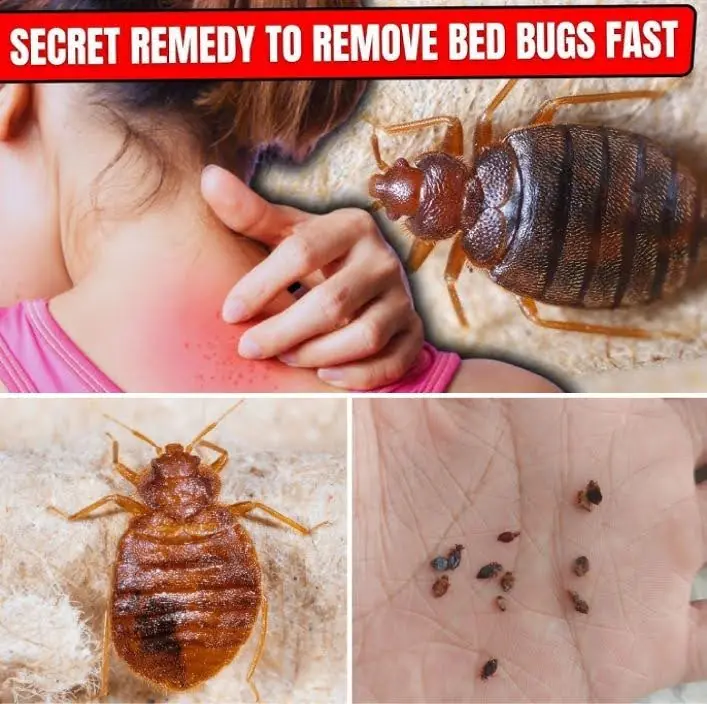
Bed Bugs Hate This! How Diatomaceous Earth and Cloves Can Wipe Them Out

These are the consequences of sleeping with the…
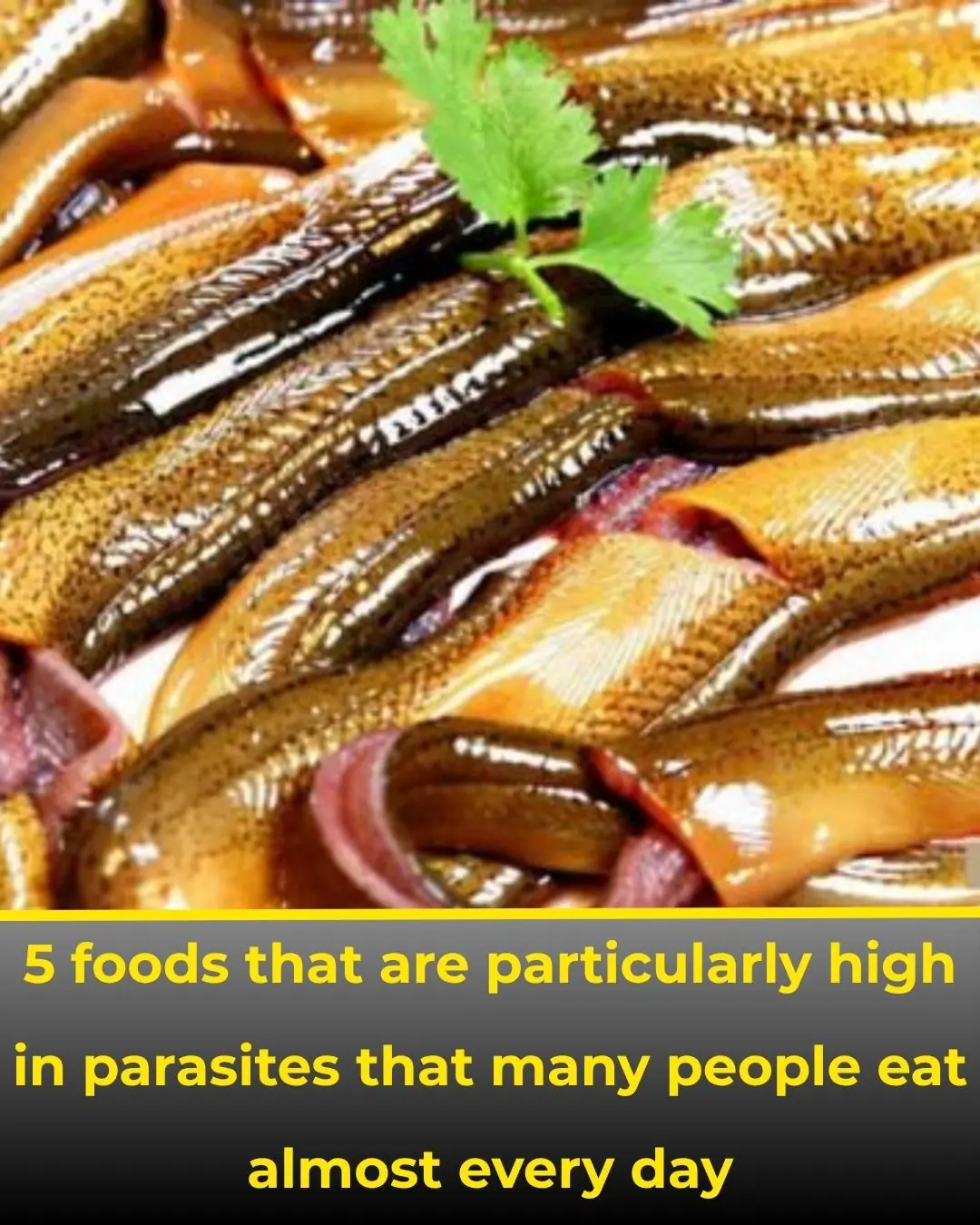
5 Common Foods That Often Contain Parasites — Many People Eat Them Daily
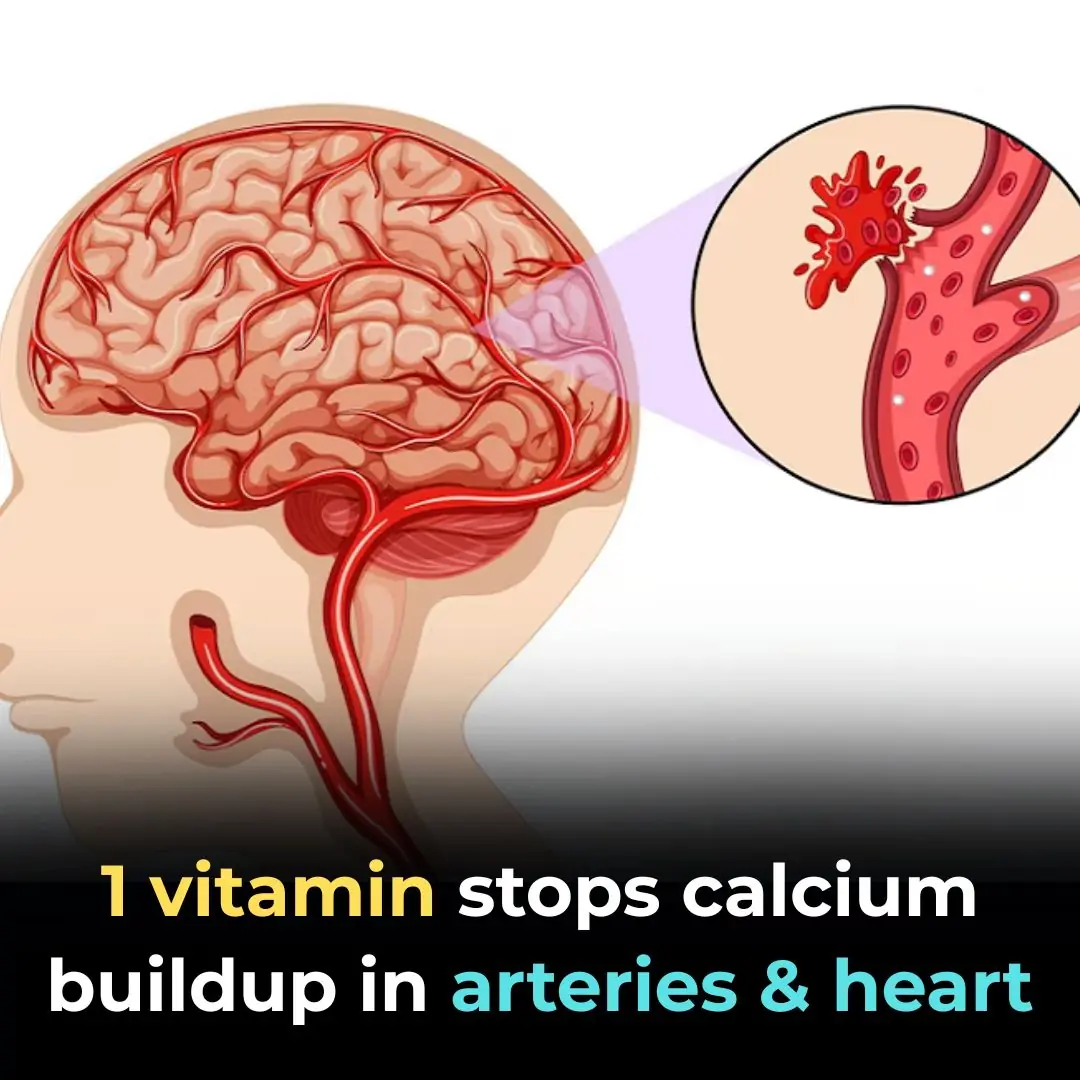
1 Vitamin Stops Calcium Buildup in Arteries and Heart

Why this doctor refuses to prescribe statins for high cholesterol
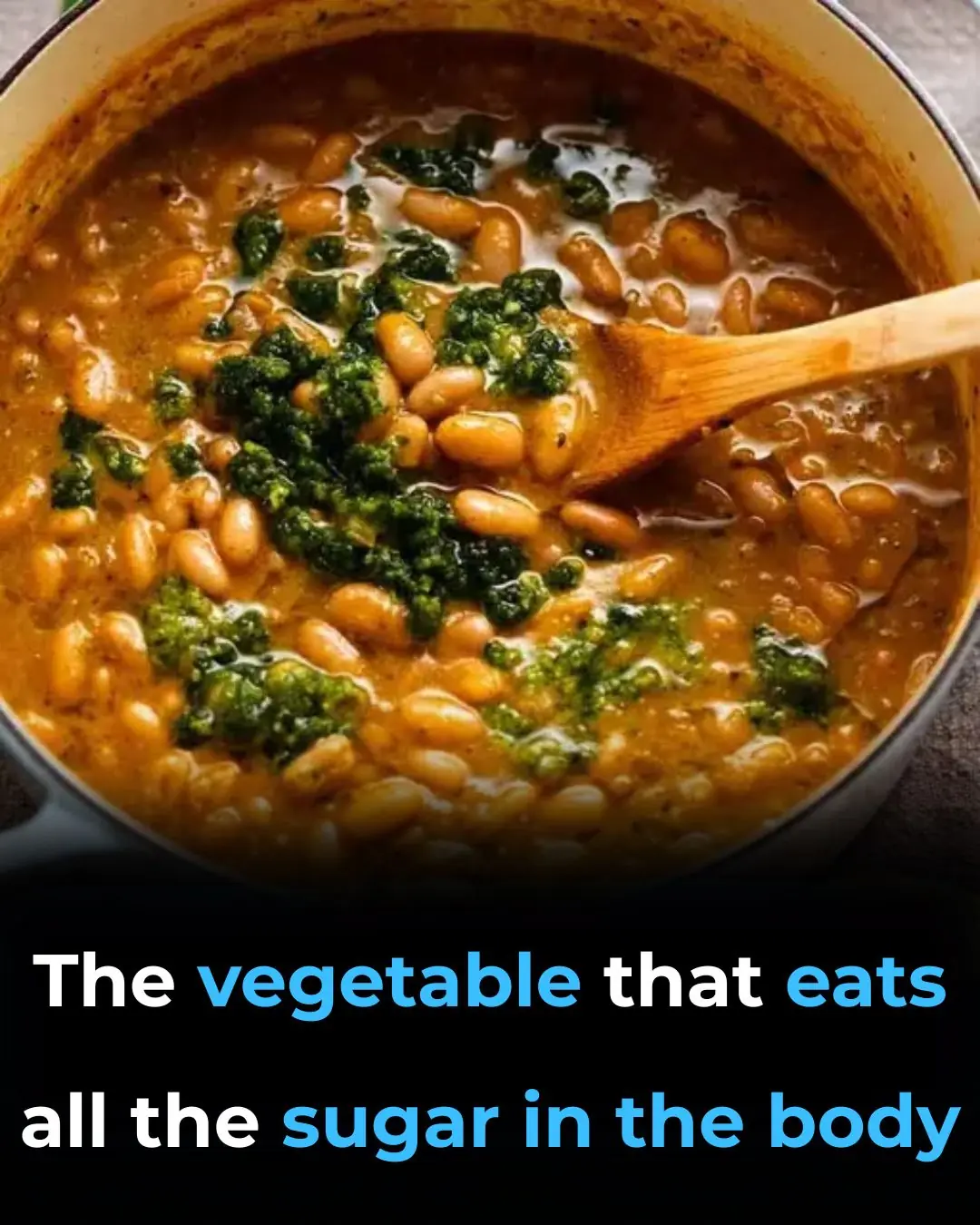
Vegetables for people with diabetes need to know
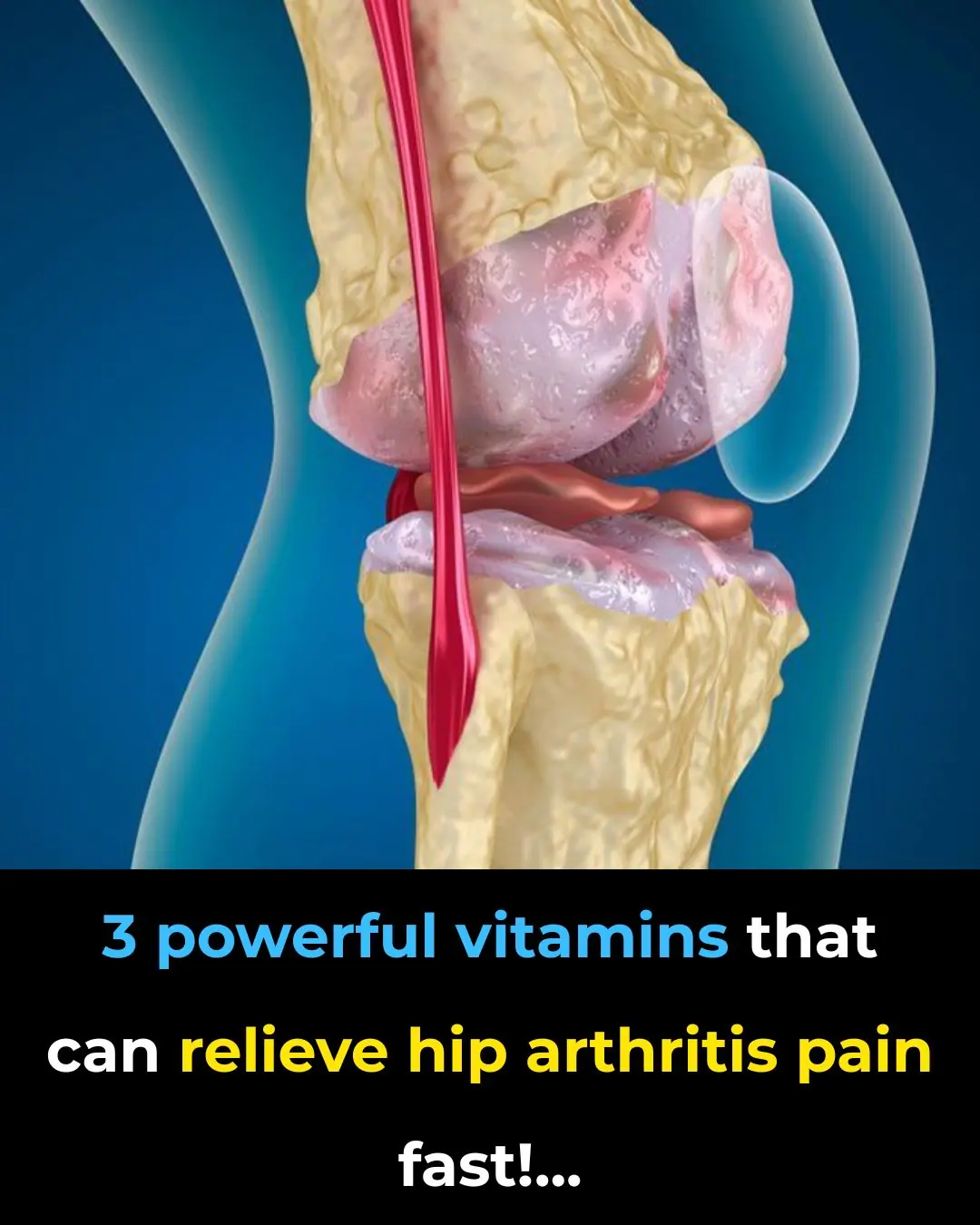
Top 3 Vitamins for Hip Arthritis – Say Goodbye to Hip Pain
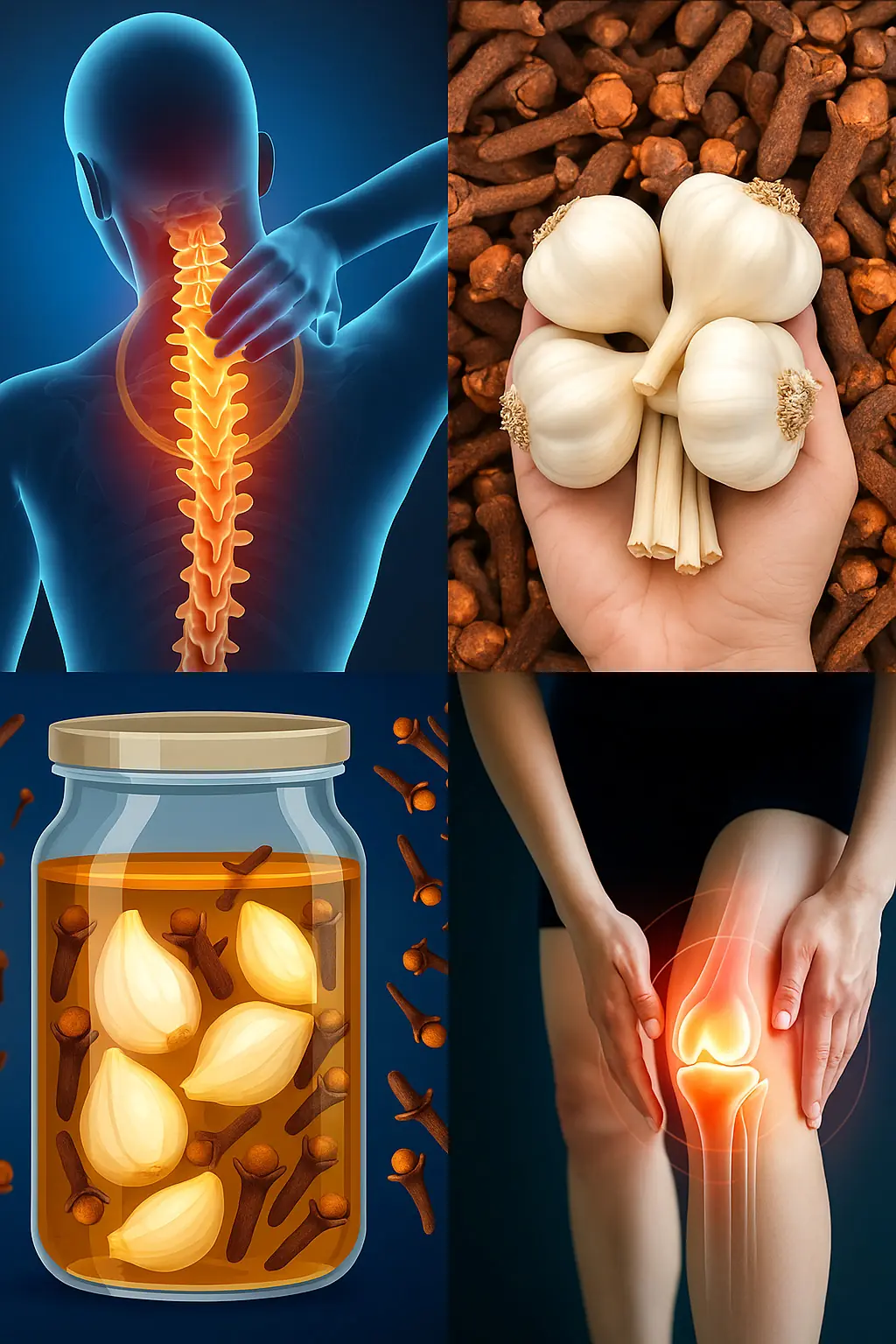
Garlic & Cloves: The Natural Remedy for Varicose Veins and Circulation
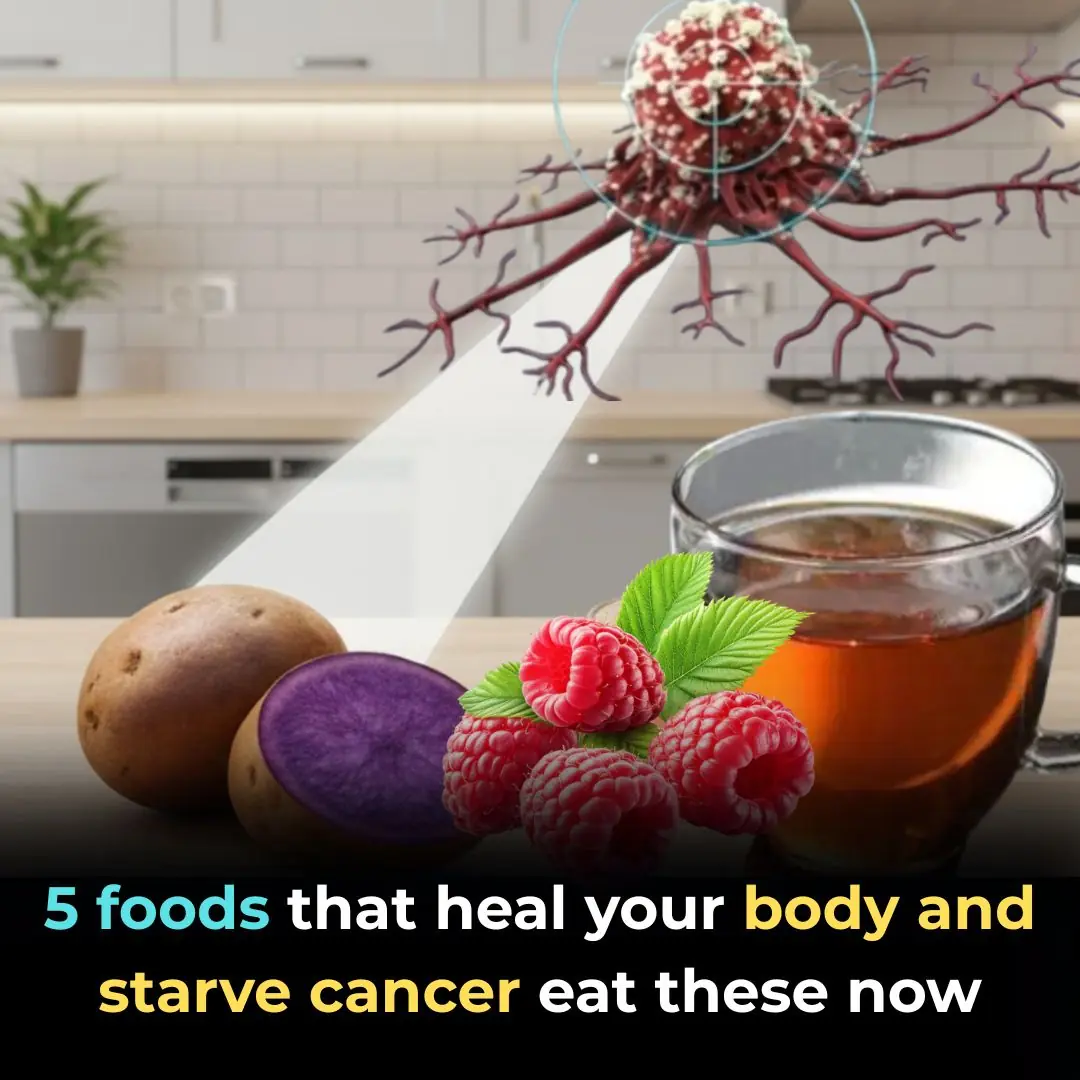
5 foods that heal your body and STARVE cancer—eat these now!
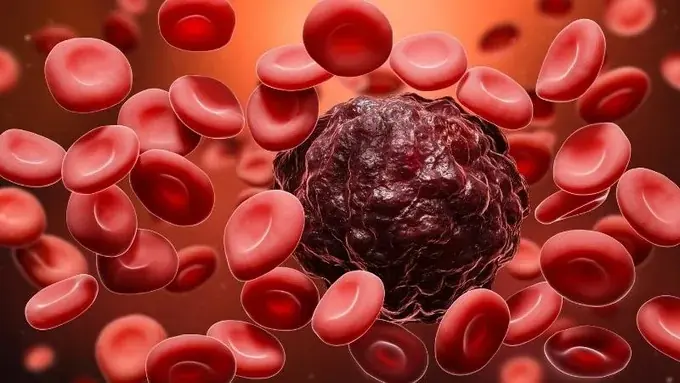
Diagnosed With Terminal Cancer That Spread to Her Brain, the Woman Broke Down in Tears After Learning the “Culprit” Came From Her Own Family
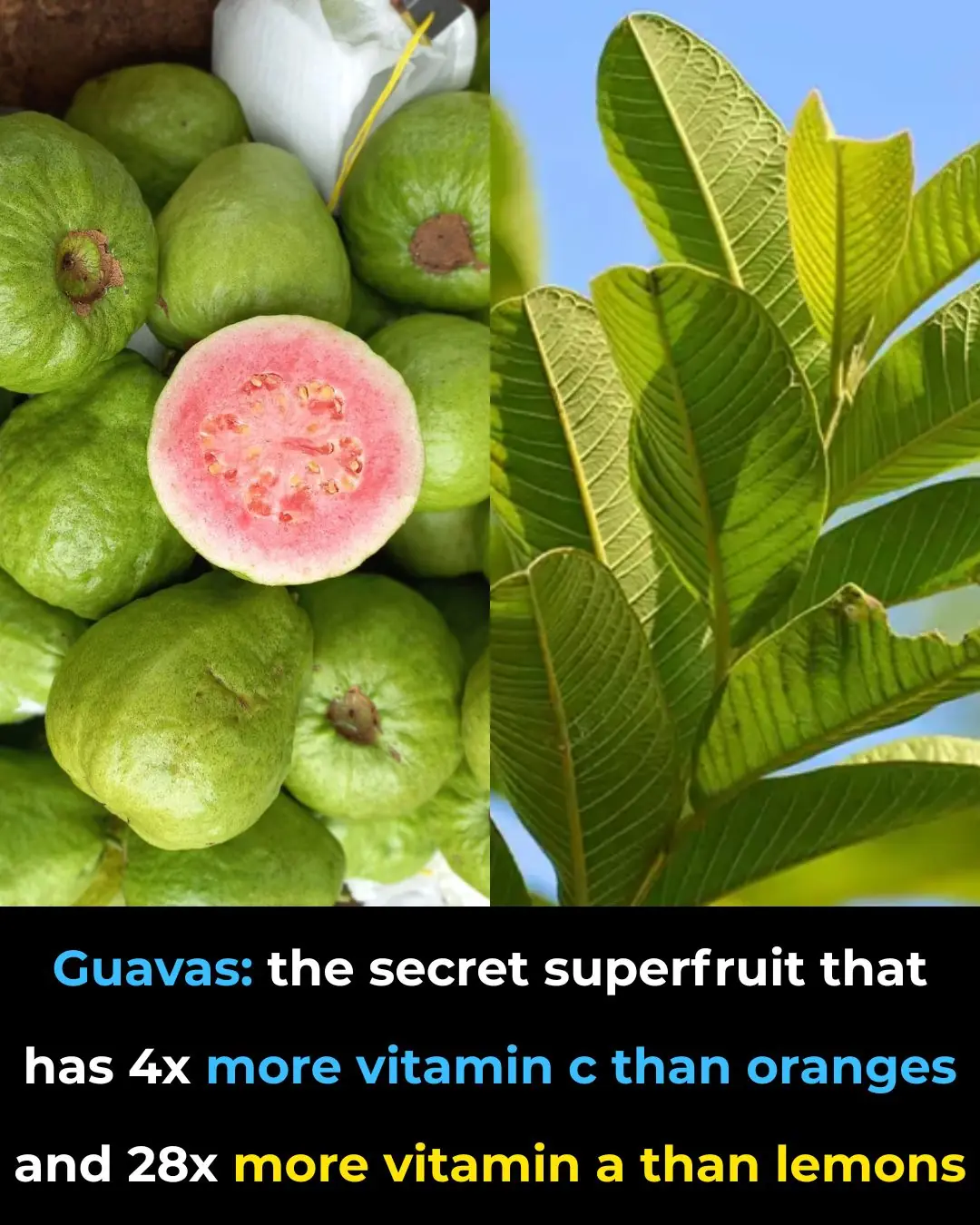
The Impressive Health Benefits of Guava Fruit and Leaves & How to Eat Guava (Evidence Based)

Do You Wake Up With Numb or Tingling Hands? Here's What Your Body Is Trying to Tell You

How to Control Blood Sugar Levels with a Boiled Egg
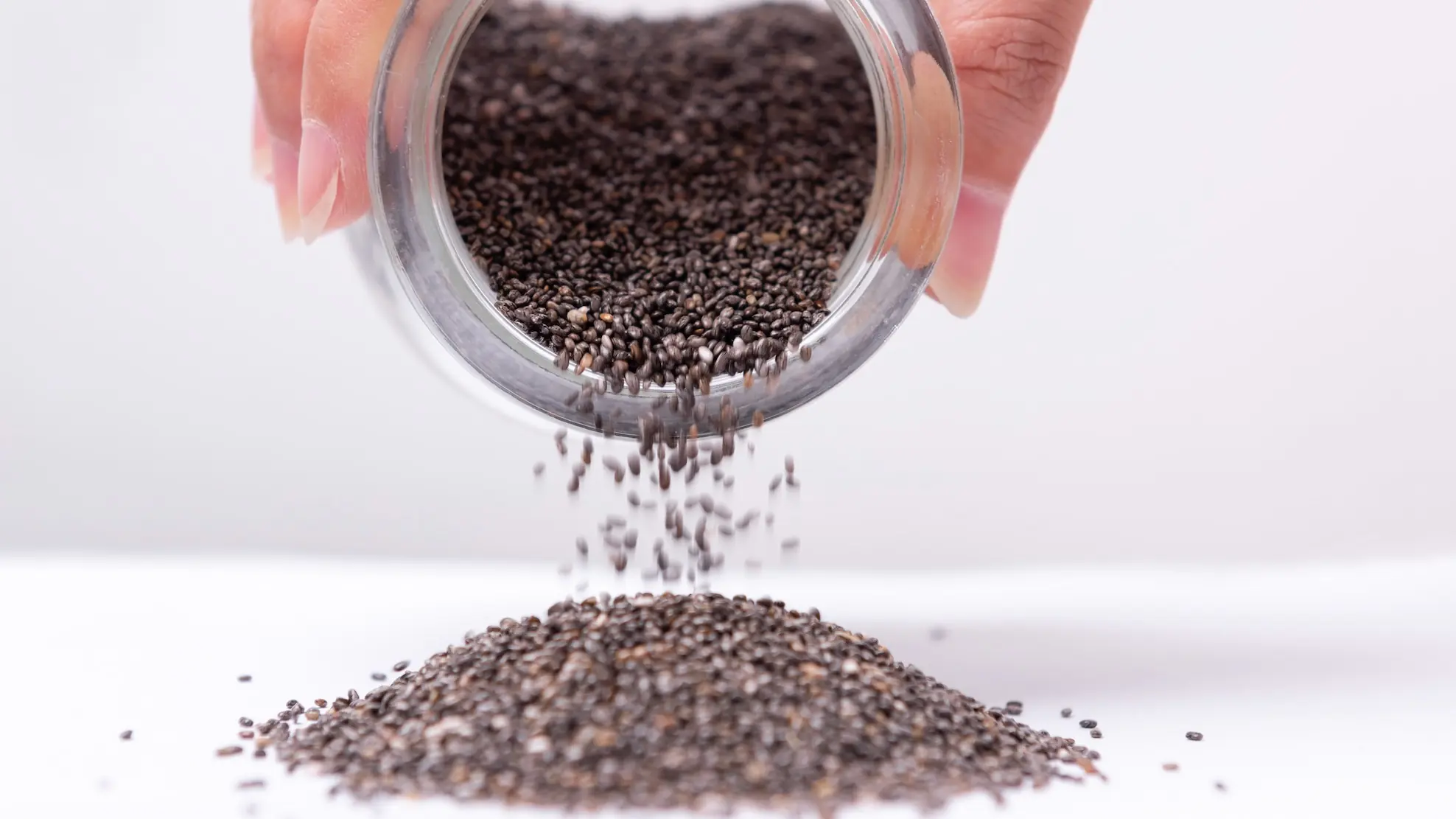
I started adding chia seeds to my breakfast every day — and within a week, I noticed some surprising changes

4 powerful vitamins that help protect you from cancer—start today!

What Happens When You Take 1 TBSP of Apple Cider Vinegar For 60 Days
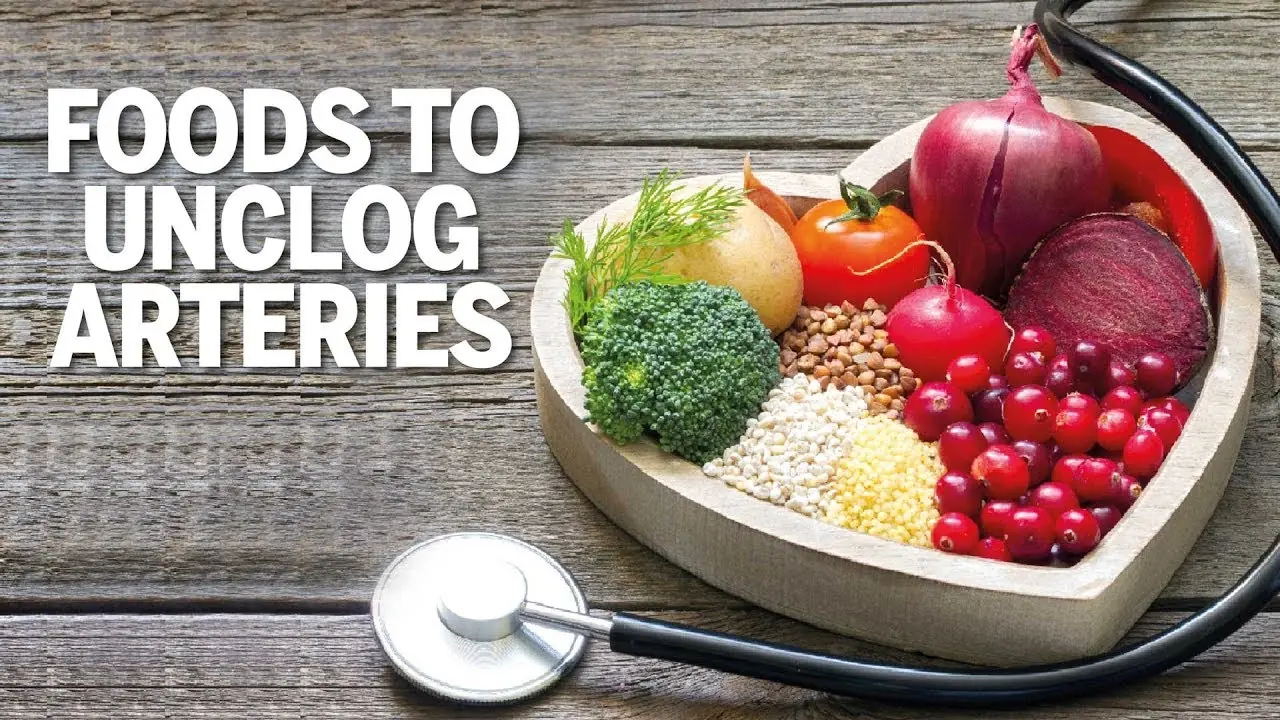
The #1 Food to Unclog Your Arteries Naturally
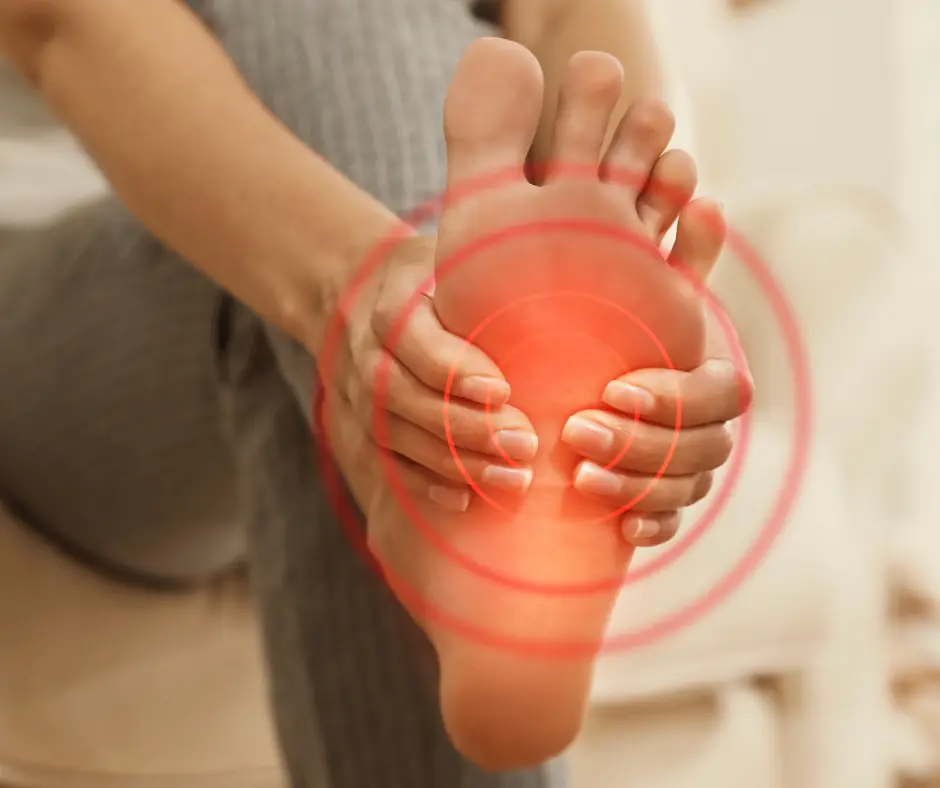
What Your Feet Can Reveal About Your Blood Pressure, Thyroid, and Arthritis Risk
News Post

Can Onion Juice Gently Support Eye Health? A Natural Tip to Try

Bed Bugs Hate This! How Diatomaceous Earth and Cloves Can Wipe Them Out

These are the consequences of sleeping with the…

5 Common Foods That Often Contain Parasites — Many People Eat Them Daily

1 Vitamin Stops Calcium Buildup in Arteries and Heart
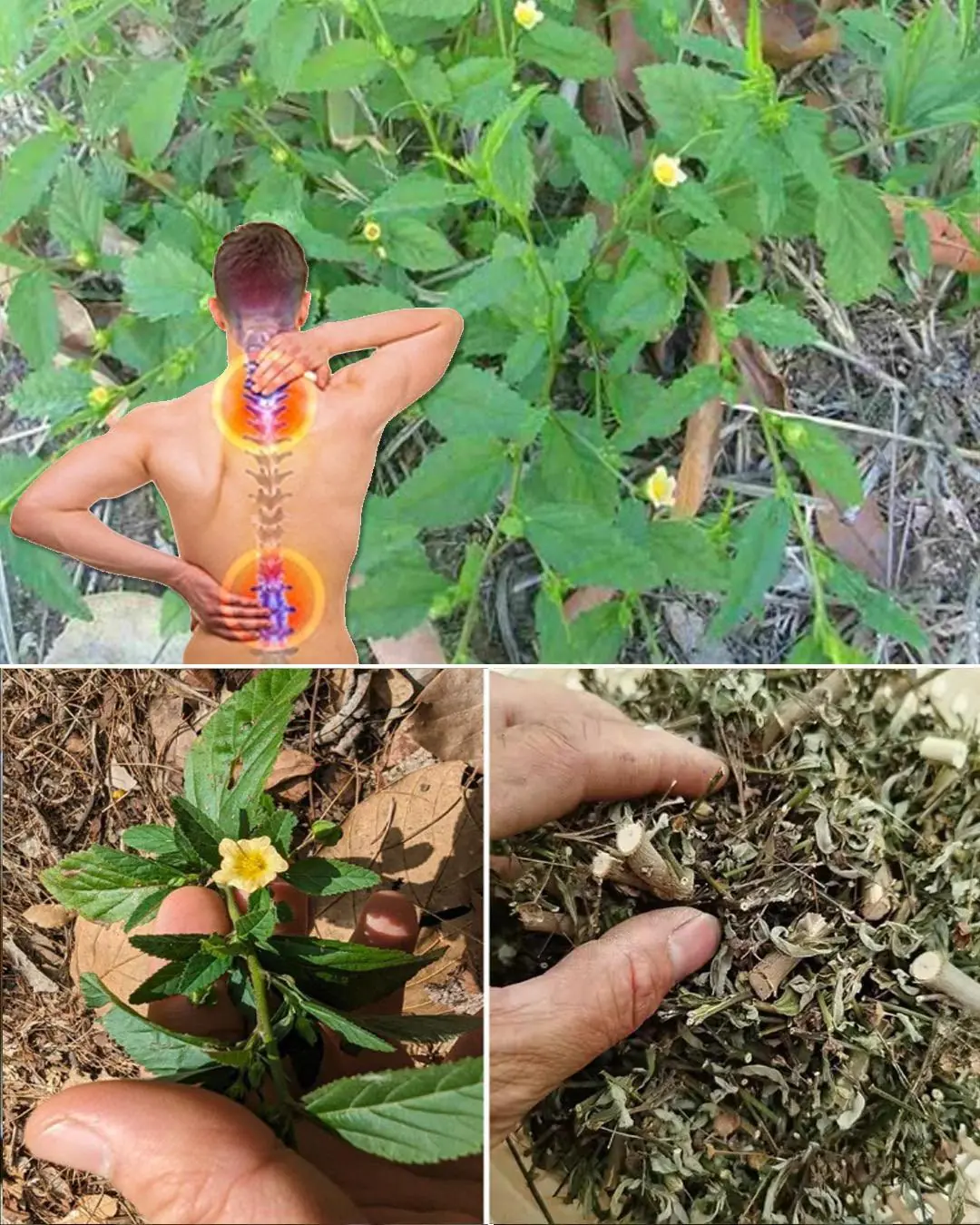
S:ida Acuta: Exploring the Healing Properties of this Herbal Remedy
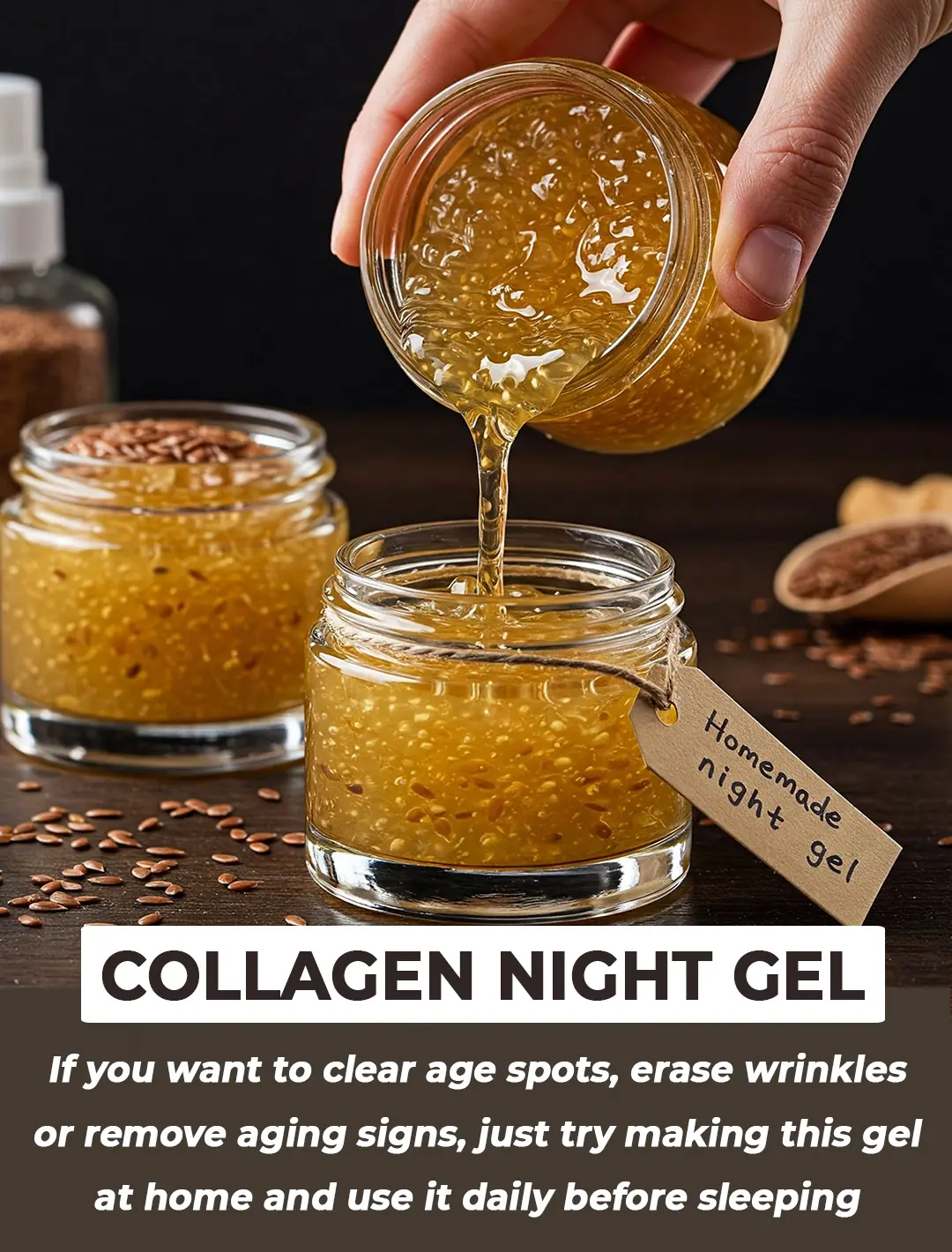
DIY Flaxseed Collagen Night Gel for Hydration and Rejuvenation
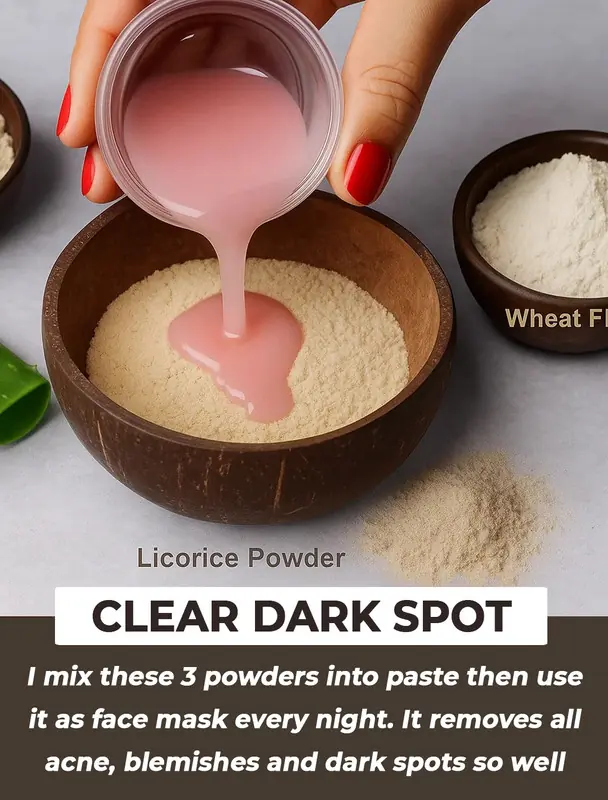
10-Day Licorice Treatment for Dark Spots: Fade Pigmentation and Achieve Glowing Skin Naturally

Easy Recipe to Make ABC Collagen Ice Cubes at Home: The Secret to Glowing, Firm Skin
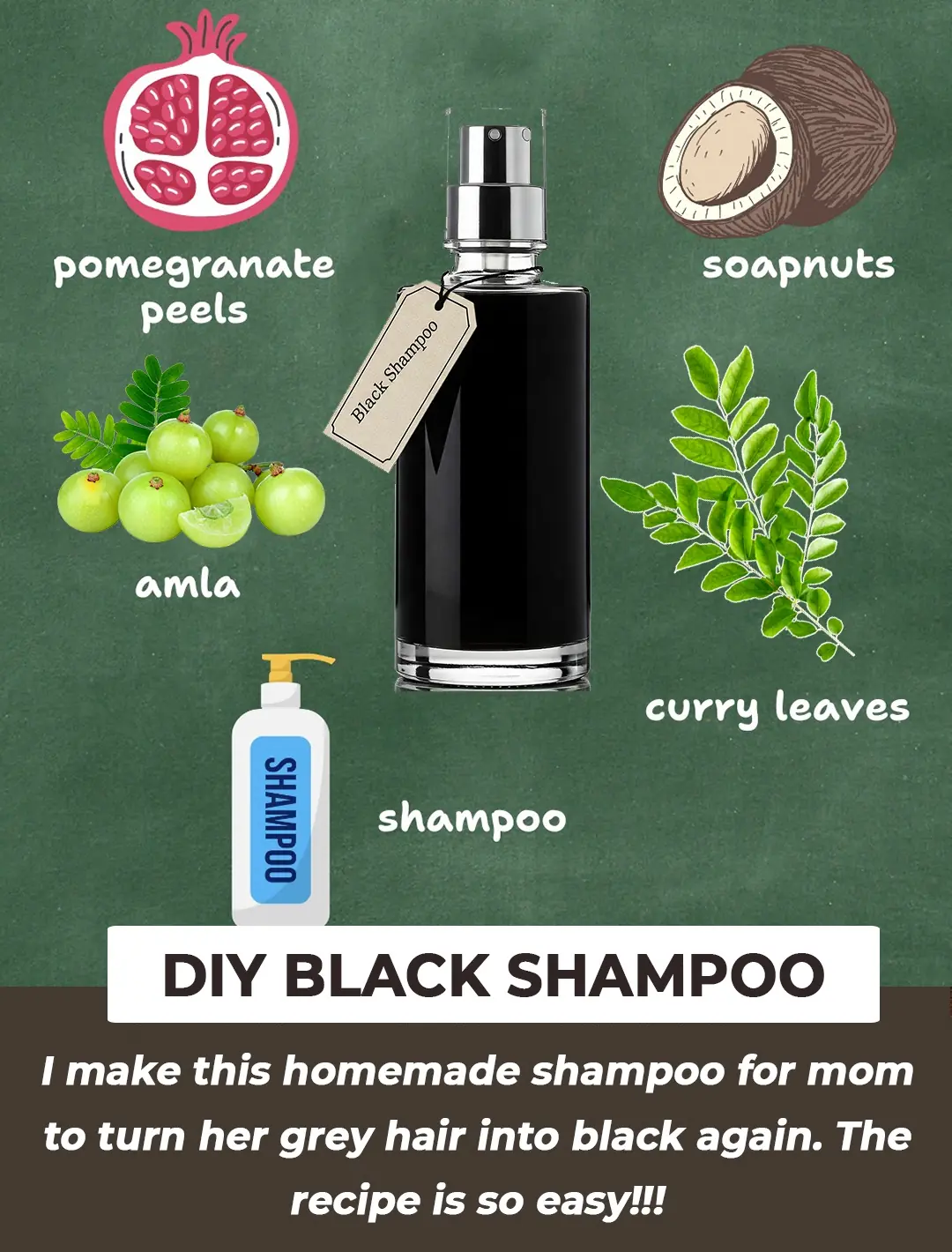
2 Mins Black Shampoo For Grey Hair

Why this doctor refuses to prescribe statins for high cholesterol
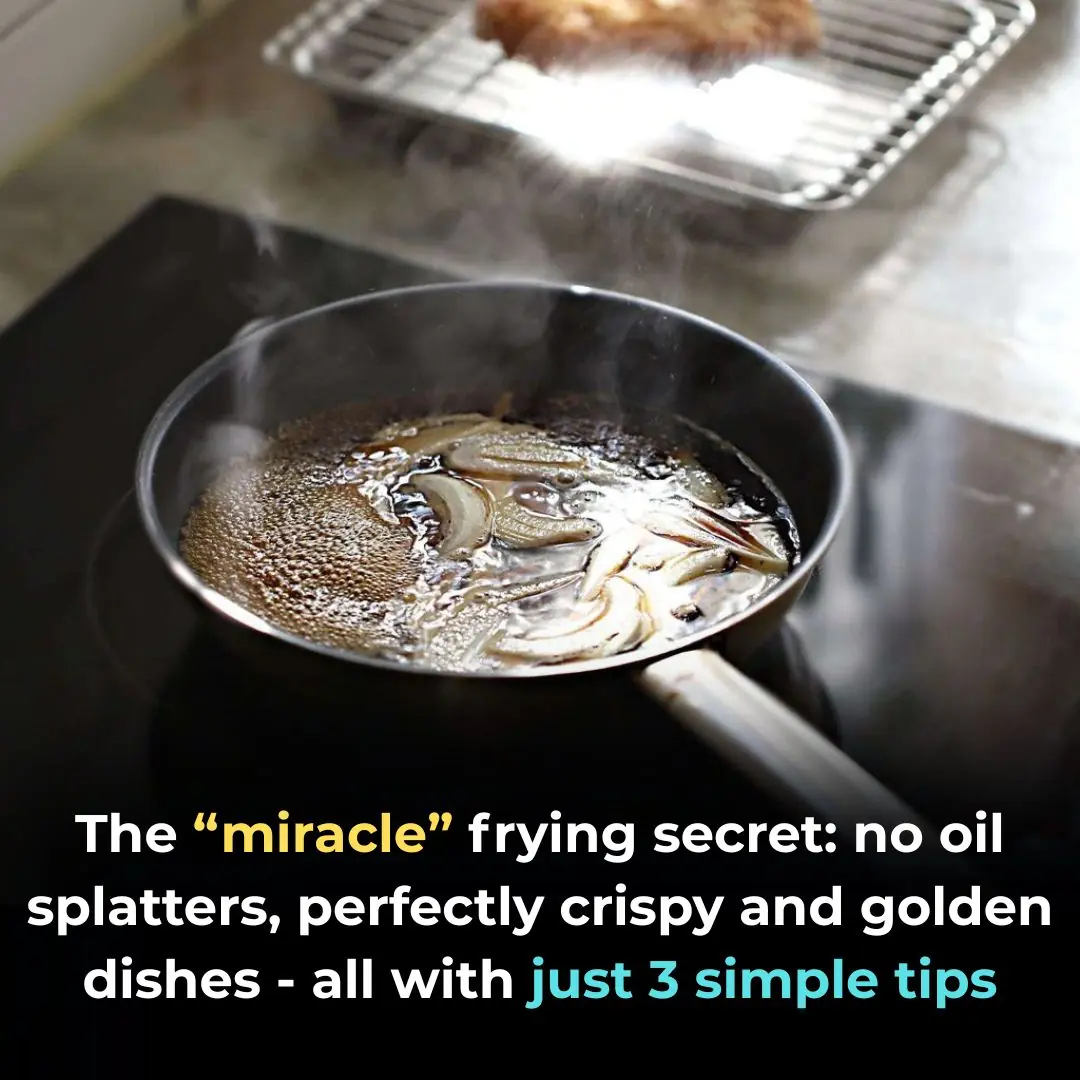
The 'divine' secret to frying

Why do we have to leave our phone face down on the table when we are not using it?

Hanging a towel on the door handle before bed: Unexpected benefits but few people know
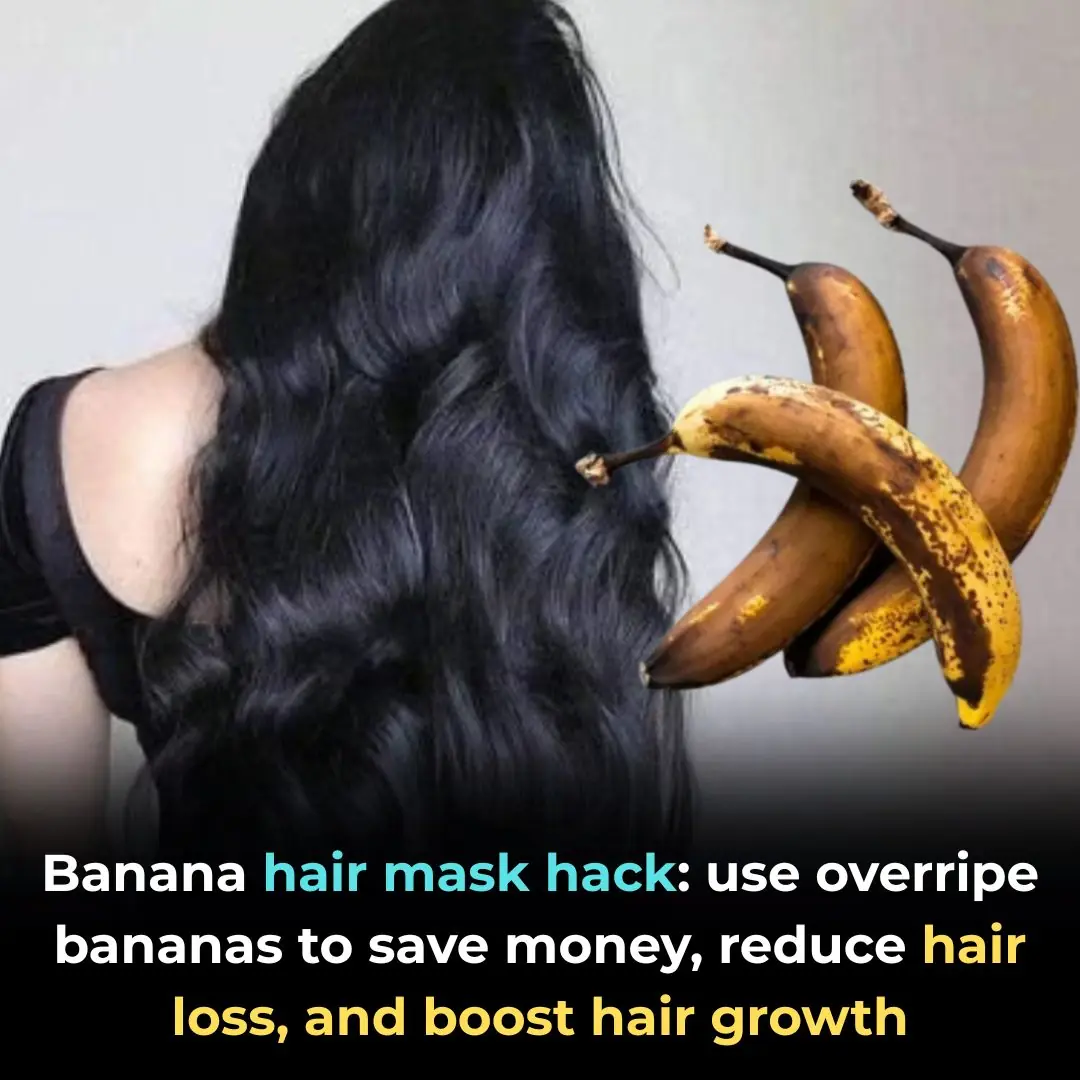
Tips for conditioning your hair with over-cooked bamboo shoots
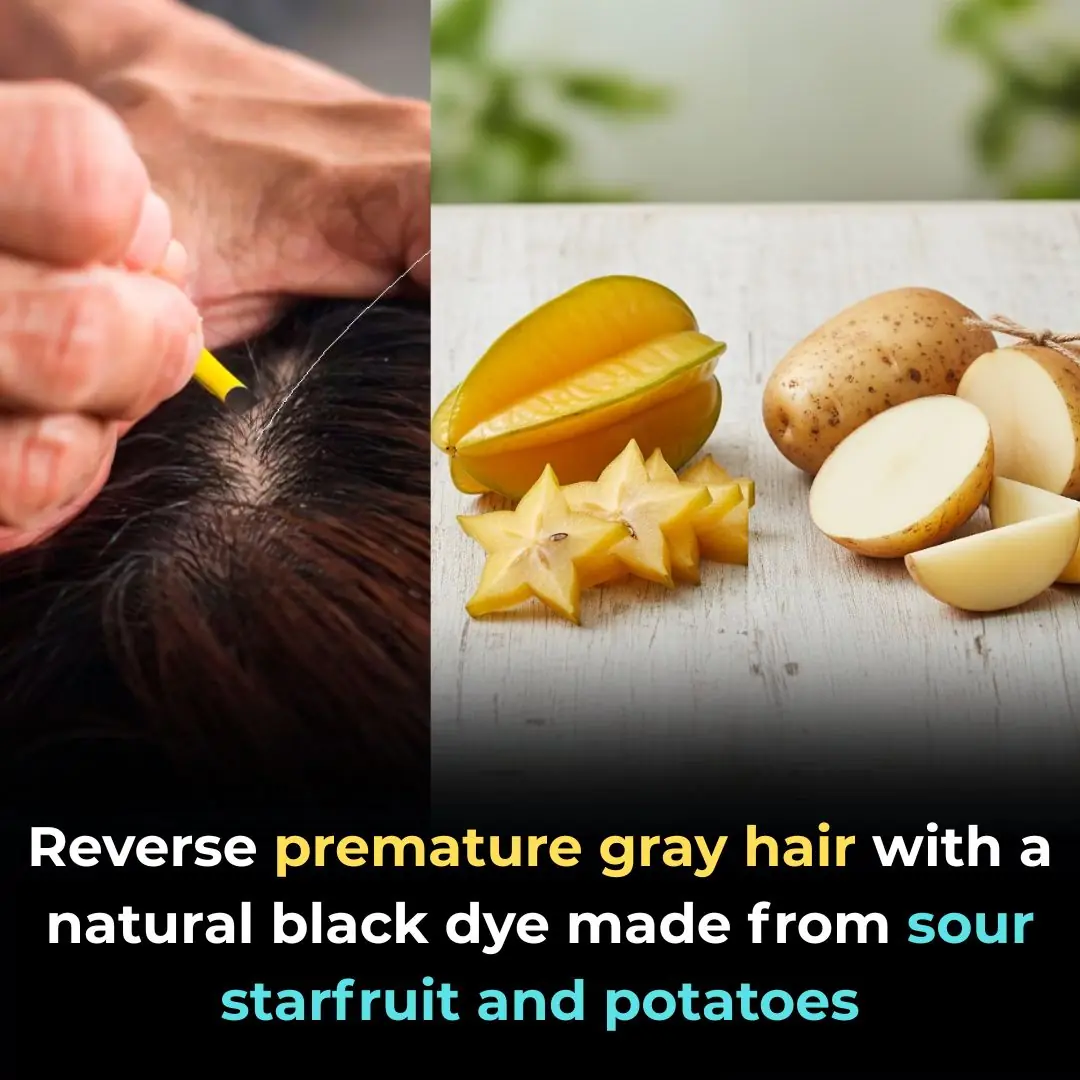
Treat premature gray hair thanks to the black dye formula
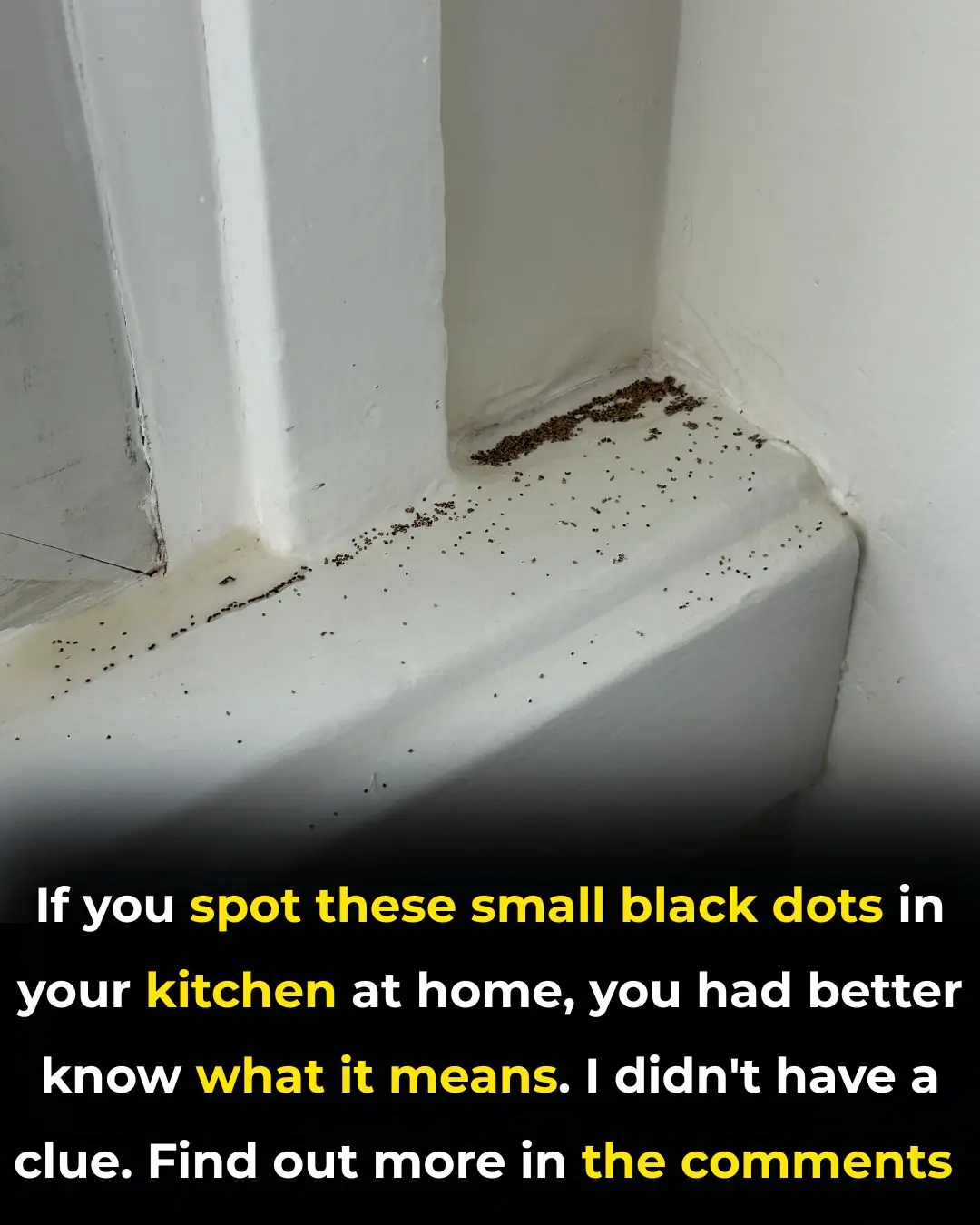
What Are These Strange Black Dots In Your Kitchen
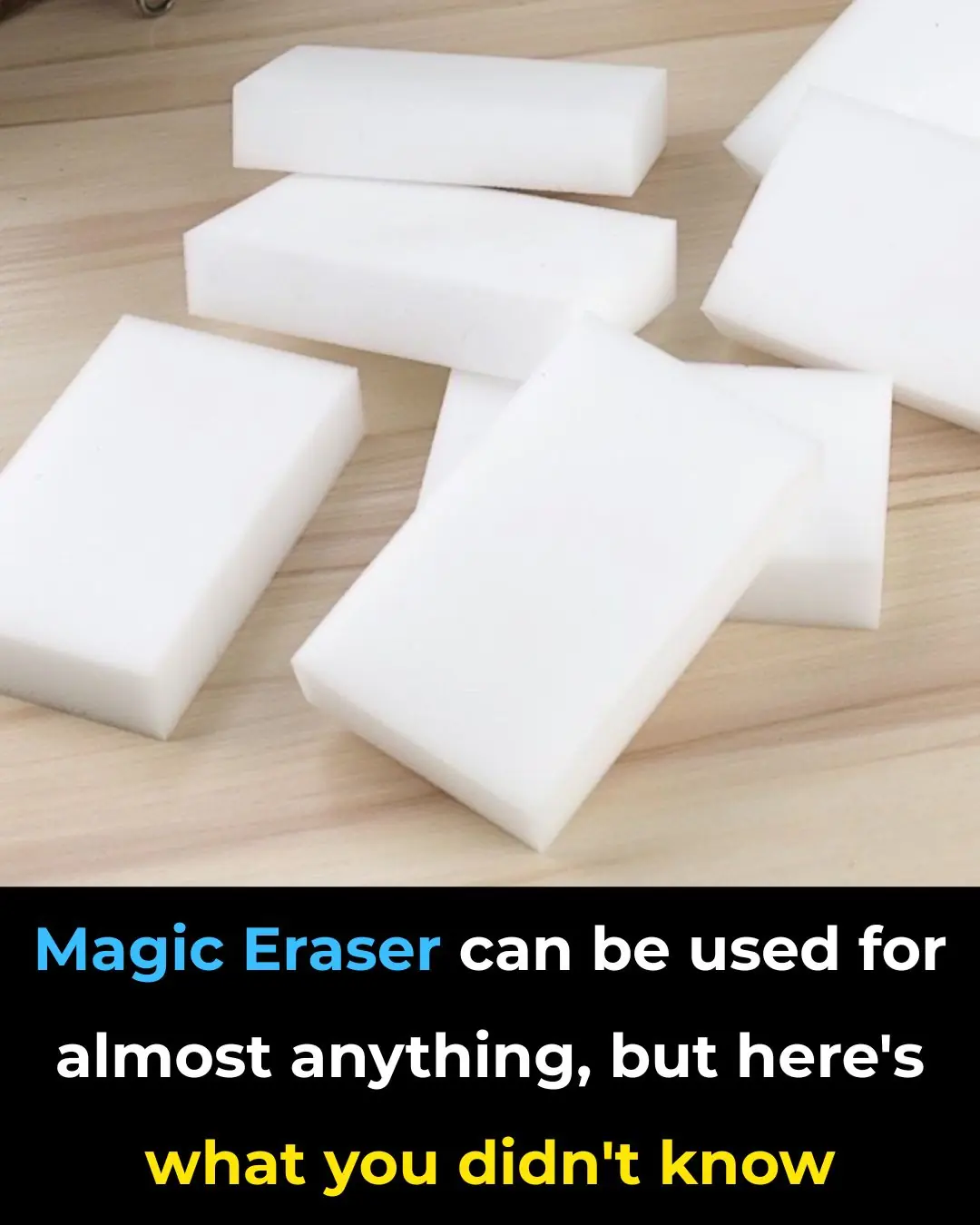
Magic Eraser can be used for almost anything, but here's what you didn't know
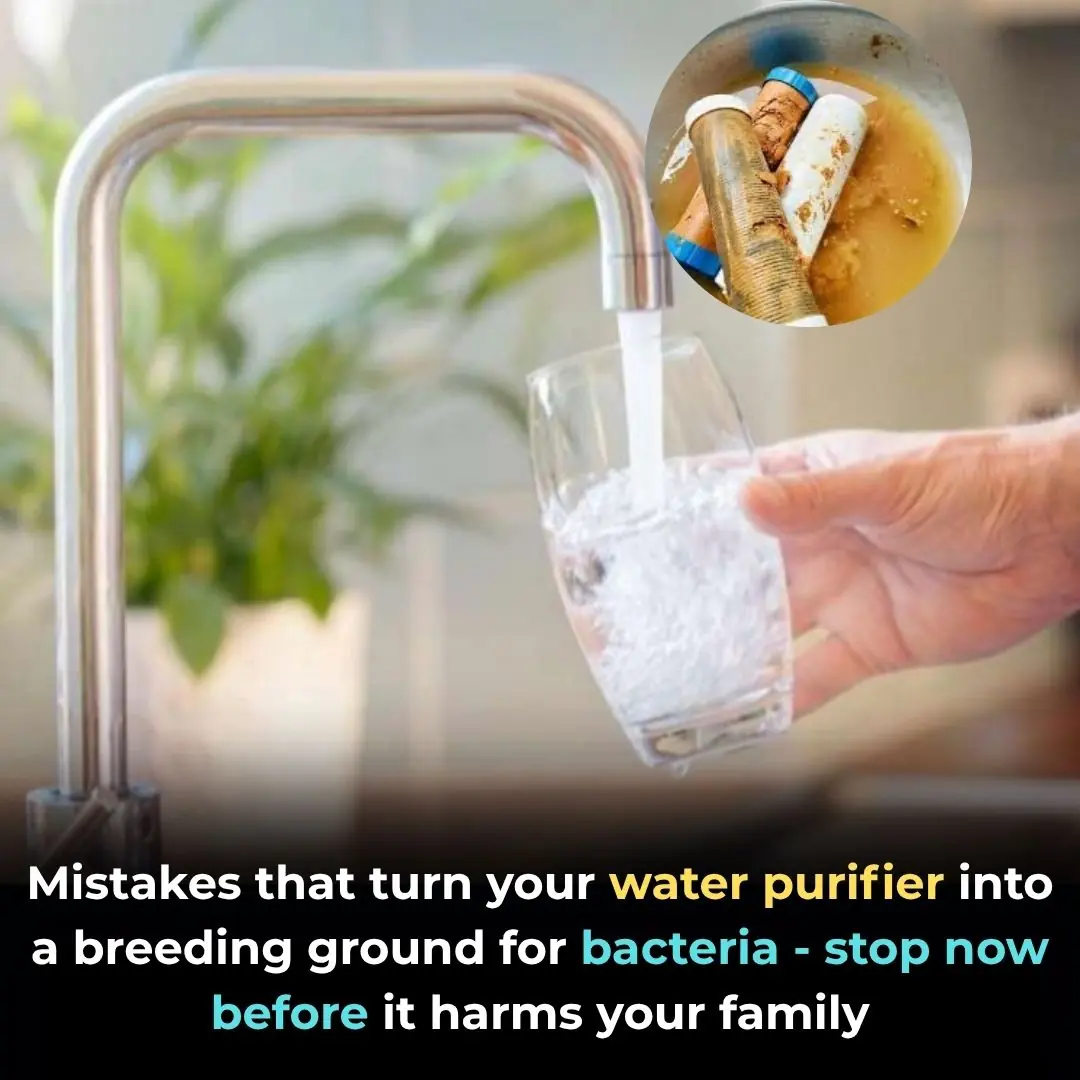
Wrong understanding turns water purifiers into diseases, remove them immediately to avoid harming the whole family
